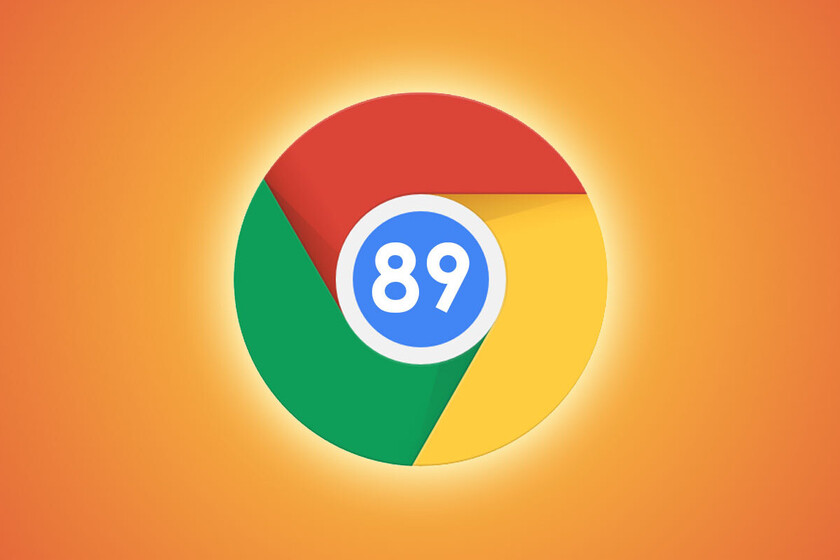



Upgrade to Google Chrome 89 is now available in the Android app store including, as usual, a good amount of internal improvements and new functions, some of which we have seen in its passage through Chrome Canary or Chrome Beta.
Google Chrome 89 polishes some aspects of the interface, adds support for the NFC API and allows you to test new functions such as Read later or the privacy sandbox, activating a Chrome Flag.
{“videoId”: “x7zo5js”, “autoplay”: true, “title”: “ANDROID 11 IS ALREADY HERE !: NEWS and DIFFERENCES with ANDROID 10”}
A curious little change from Google Chrome 89 comes in the way Discover content is presented on the home page when opening a new tab, with a more compact and simplified design.
Basically, the small text sample is removed from the article and given more prominence to the image and the title, shown in larger type. In this way, Discover in Google Chrome is now a more compact article string.
Another small redesign is located in the windows with information about a web page: the box that appears by tapping on the padlock in the address bar. The content is the same, but now with rounded edges instead of the flat design that it had in previous versions.
In Google Chrome 89, NFC Web API is enabled at the factory, so that the web pages -in conjunction with a device that has NFC- can read NFC tags for whatever purpose is appropriate, such as museums and galleries, taking inventory, conferences … For a website to be able to use the mobile’s NFC, it will need to ask for permission, which is shown as it appears in the screenshot above.
Entering the field of novelties that are not activated at the factory, but it is necessary to activate by changing some Chrome Flags, the first of them is the call Privacy sandbox, a privacy option that seeks to replace cookies.
Accessible after activating the flag #privacy-sandbox-settings, Privacy sandbox is found in the options Privacy & Security Chrome and includes a unique setting: enable web crowd and ad measurement, which allows webs personalize their content for you, without using identifiable information.
We saw it in Chrome Canary and now it is here, although not activated by default. In Google Chrome 89 stable you can already use Read more, although you must first activate the flag #read-later. Also, there is another optional flag called #read-later-reminder-notification, what sends you a notification if it’s been a week and you still haven’t read a saved article.
After activating these Chrome flags -and restarting the browser- you can add web pages to the Reading List from the context menu that appears when doing a long tap on a link. Afterwards, you can access these web pages from the Reading List section, in the Bookmarks.
was originally published in
Engadget Android
for
Ivan Ramirez
.
Exploring the Top 5 Voice AI Alternatives: What Sets Them Apart?
How iGaming Platforms Ensure Seamless Integration of Casino Games and Sports Betting?
The Rise of Spatial Computing: Evolution of Human-Computer Interaction
Data Loss on Windows? Here's How Windows Recovery Software Can Help
Integrating Widgets Seamlessly: Tips for Smooth Implementation and Functionality